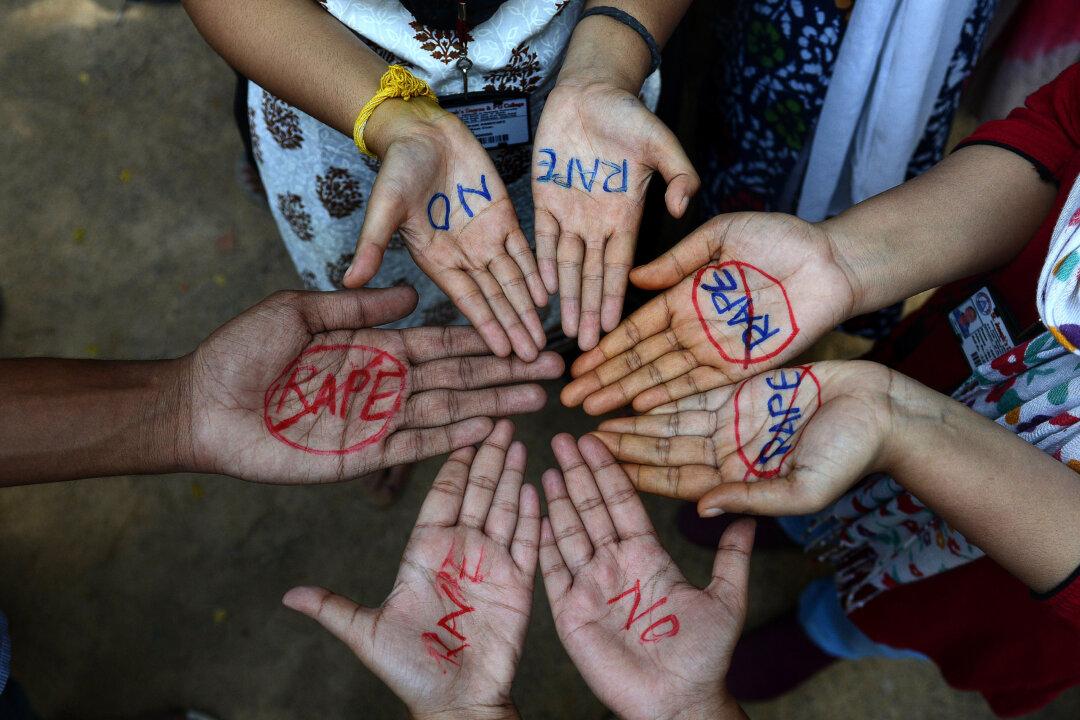A little over five years ago, I started the first Asian chapter of Hollaback, the now global movement to end street harassment. I had moved to Mumbai on something of a hope and a prayer, and I was struck by how difficult it was to get around the city as a young woman on public transportation as a young woman.
I was harassed on trains, on buses, and while walking to my local grocery store. Harassment became the amorphous dictator to whom I had to submit my requests to experience Mumbai. But I also noticed that whenever discussing harassment, whether with friends or in the media, women were simultaneously the victim, the problem, and the punchline.
This is not just an Indian problem. From New York to Warsaw to New Delhi, women in every modern city have to deal with the affliction of street harassment, taking forms ranging from leering or verbal abuse to flashing, groping, and stalking.
Michelle Bachelet, the executive director of U.N. Women, said that women are routinely subjected to abuse starting with harassment and escalating to sexual assault and rape. It happens on city streets, on public transit, and in their own neighborhoods.
